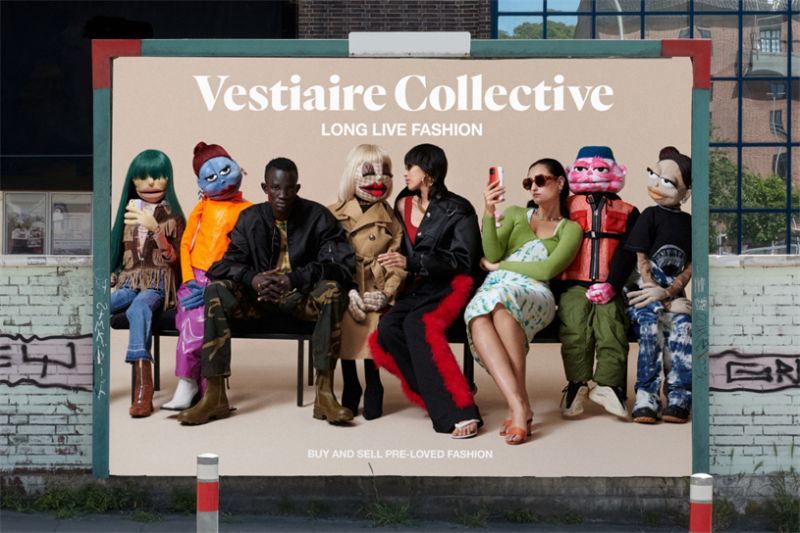Bain & Company estimates that the second-hand LUXURY market soared to reach €33 billion in 2021, driven by increased demand and a growing offer. Overall, this market grew by 65% between 2017 and 2021, vs. 12% growth for first-hand items.
A new study presented by McKinsey & Company delivers very interesting conclusions. Among them, I highlight:
1. Women and new-product owners are leading the ranks. Looking at handbags and shoe categories, resale customers’ profiles are mainly women (75%), being the majority of buyers of new products as well. Furthermore, 75% are also pre-owned sellers of luxury items.
2. Younger generations are showing the way. Half of the GenZ are likely to buy more pre-loved items in the future (very close to millennials sentiment, 48%, compared to 35% for GenX or 28% for Boomers).
3. Rarity and not price is driving the market. Those who decide to buy a second-hand item instead of a new-product purchase mention rarity (41%) as the core reason, followed by sustainability (40%) and value-for-money (36%). Rarity and not price is driving the market.
4. Very interesting finding in terms of brand perception: entering the resale market has a positive impact on loyalty and desirability among new-product buyers of the brand.
5. Wake-up call for brands: Customers who welcome resale services directly provided by luxury brands are willing to pay an aggregated premium of 6-7% per service.
Specialized platforms, such as The RealReal or Vestiaire Collective, are fuelling the growth of luxury resale. Having initially ignored the pre-loved items segment, brands keen to embrace more circular business models are partnering with these second-hand players to offer authentication services and incentivize customers to consign their past purchases via store credit. Not to mention luxury groups investing in that platforms: Kering (Vestiaire Collective), and Richemont (Watchfinder). Expect other large brands to follow suit or build their own go-to-market.
Web3 / Blockchain technologies that allow brands to secure product authenticity and traceability are called to be a critical lever for this emerging market.

